No products in the cart.
Return To ShopAnimal Zinc Sources: Complete Guide to Nutrition & Benefits
Zinc is one of the most vital trace minerals your body needs daily, yet it often goes unnoticed compared to iron or calcium. It plays a key role in immune strength, hormone regulation, wound healing, and metabolism, making it essential for athletes, fitness enthusiasts, and everyday individuals. While both plants and animals provide zinc, animal zinc sources stand out for their higher bioavailability, meaning your body absorbs them more effectively.
Why Zinc from Animal Sources Matters
Animal-based foods are naturally rich in zinc and, more importantly, deliver it in a form your body can absorb better. Plant sources like beans and seeds often contain phytates, which block zinc absorption. This makes animal zinc sources especially important for populations with high nutritional demands such as athletes, women, children, and older adults. Including these foods ensures consistent zinc levels that support immunity, recovery, and long-term health.
Explore the best animal-based zinc sources to boost your immunity and energy—start improving your diet today.
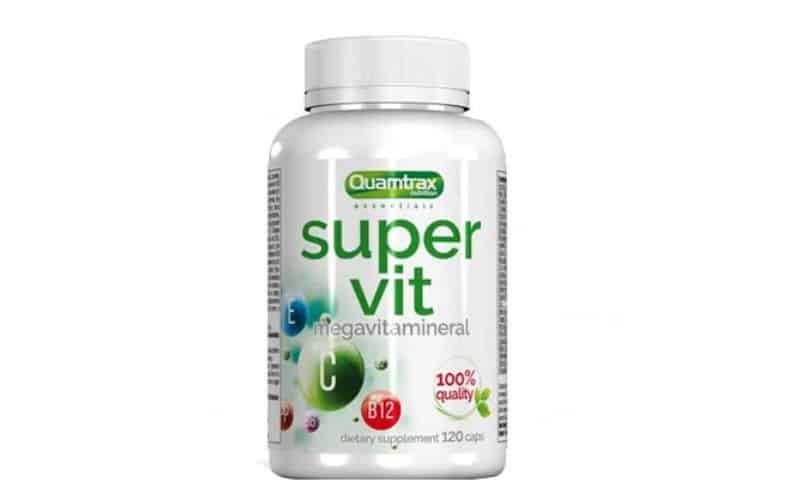
Top Animal Zinc Sources
Before comparing animal and plant sources, it’s useful to know which animal foods pack the highest zinc content. These are some of the best options to naturally boost your zinc intake.
Red Meat (Beef, Mutton, Lamb)
Red meat is among the richest sources of zinc, with beef and lamb offering up to 5–7 mg per 100 g serving. Regular but moderate consumption helps maintain strong immunity and muscle repair. Pairing red meat with vitamins and minerals ensures balanced nutrient absorption.
Poultry (Chicken, Turkey)
Chicken and turkey are leaner options with slightly lower zinc levels compared to red meat, but they are excellent for daily meals. They provide zinc alongside high-quality protein, which supports muscle growth and overall recovery.
Seafood (Oysters, Crabs, Lobster, Fish)
When it comes to animal zinc sources, oysters are the global winner, delivering more zinc per serving than any other food. Other seafood like crab, lobster, and salmon also provide significant amounts while boosting heart health when paired with omega-3 supplements in Pakistan.
Eggs
Eggs may not be the highest in zinc, but they are a versatile and easily digestible source. A couple of eggs daily can help meet part of the zinc requirement while supporting protein needs.
Dairy (Milk, Cheese, Yogurt)
Dairy provides a steady flow of zinc along with calcium, making it a great choice for those who consume it regularly. Adding dairy to post-workout meals ensures recovery and overall bone strength.
Organ Meats (Liver, Kidney)
Often overlooked, organ meats are dense in nutrients, including zinc, iron, and vitamin A. While not eaten daily, they can be included occasionally for a nutrient boost.
Comparing Animal vs Plant Zinc Sources
While nuts, beans, and seeds provide zinc, their bioavailability is lower due to phytates that hinder absorption. By contrast, animal zinc sources are highly bioavailable, meaning your body uses more of the nutrient effectively. For vegetarians, supplementation may be necessary, while omnivores can rely on a mix of meats, poultry, and seafood.
To put it in perspective:
- 100 g of beef provides ~5 mg of zinc.
- 100 g of beans provides ~2.5 mg of zinc, but only ~40% is absorbed.
Thus, animal-based foods remain the gold standard for zinc nutrition.
Zinc Deficiency Risks
Zinc deficiency is more common in regions where plant-based diets dominate, such as South Asia. In Pakistan, this is a public health concern, especially for women and children. Common signs of deficiency include:
- Weak immunity and frequent infections
- Hair loss and brittle nails
- Poor wound healing
- Loss of appetite
In such cases, consuming animal zinc sources regularly, along with recovery-focused products like strength & recovery supplements, can prevent these deficiencies.
How Much Zinc Do You Need?
Knowing how much zinc to consume daily ensures balance—too little can cause deficiencies, while too much may lead to toxicity.
- Adult men: 11 mg/day
- Adult women: 8 mg/day
- Pregnant women: 11–12 mg/day
- Athletes: Slightly higher due to sweat and recovery needs
When diet falls short, protein or fortified supplements can help bridge the gap. Always consult a healthcare professional before adding high-dose zinc supplements.
Expert Tips on Adding Animal Zinc Sources to Your Diet
Incorporating zinc into your meals doesn’t have to be complicated. A few smart adjustments can make a significant difference.
- Choose lean cuts of red meat for higher zinc without excess fat.
- Add seafood like salmon or crab at least once a week for variety.
- Include eggs in breakfasts and dairy in snacks for consistent intake.
- Pair zinc-rich meals with vitamin C foods (oranges, tomatoes) for better absorption.
- If your diet is lacking, combine with natural boosters like creatine or recovery-focused foods.
Final Takeaway
Zinc is an underrated yet essential nutrient that fuels immunity, strength, and recovery. Animal zinc sources are the most bioavailable, making them superior to plant-based options in preventing deficiencies. From beef and poultry to seafood, eggs, and dairy, these foods offer practical, tasty ways to boost health.
For athletes and everyday individuals alike, ensuring steady zinc intake through animal sources is a simple step toward better performance, faster recovery, and stronger immunity.

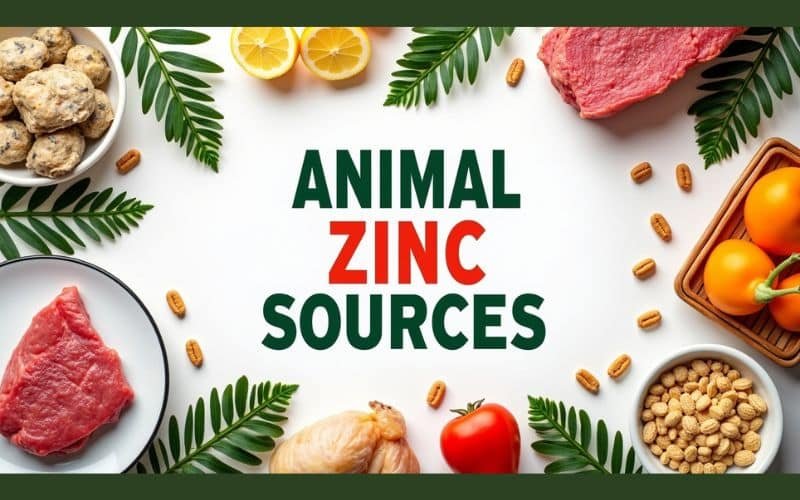
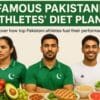
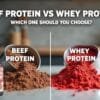
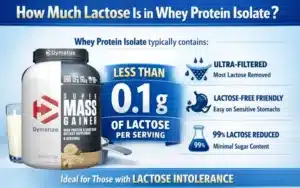

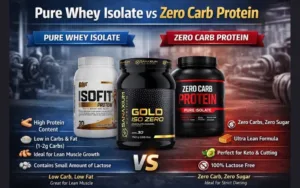
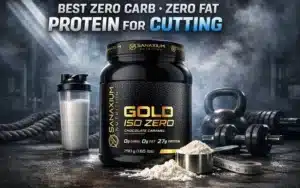

Add comment